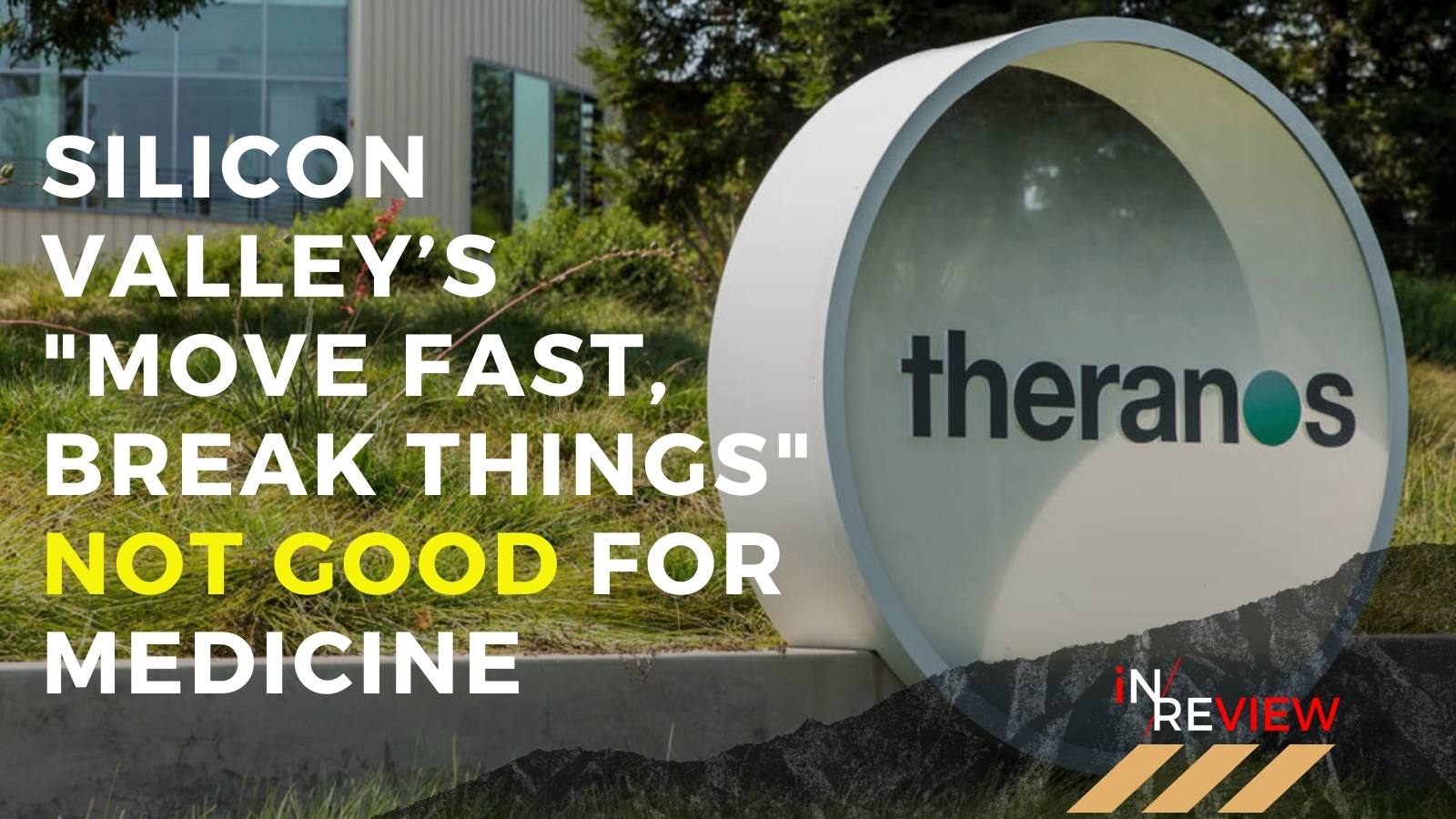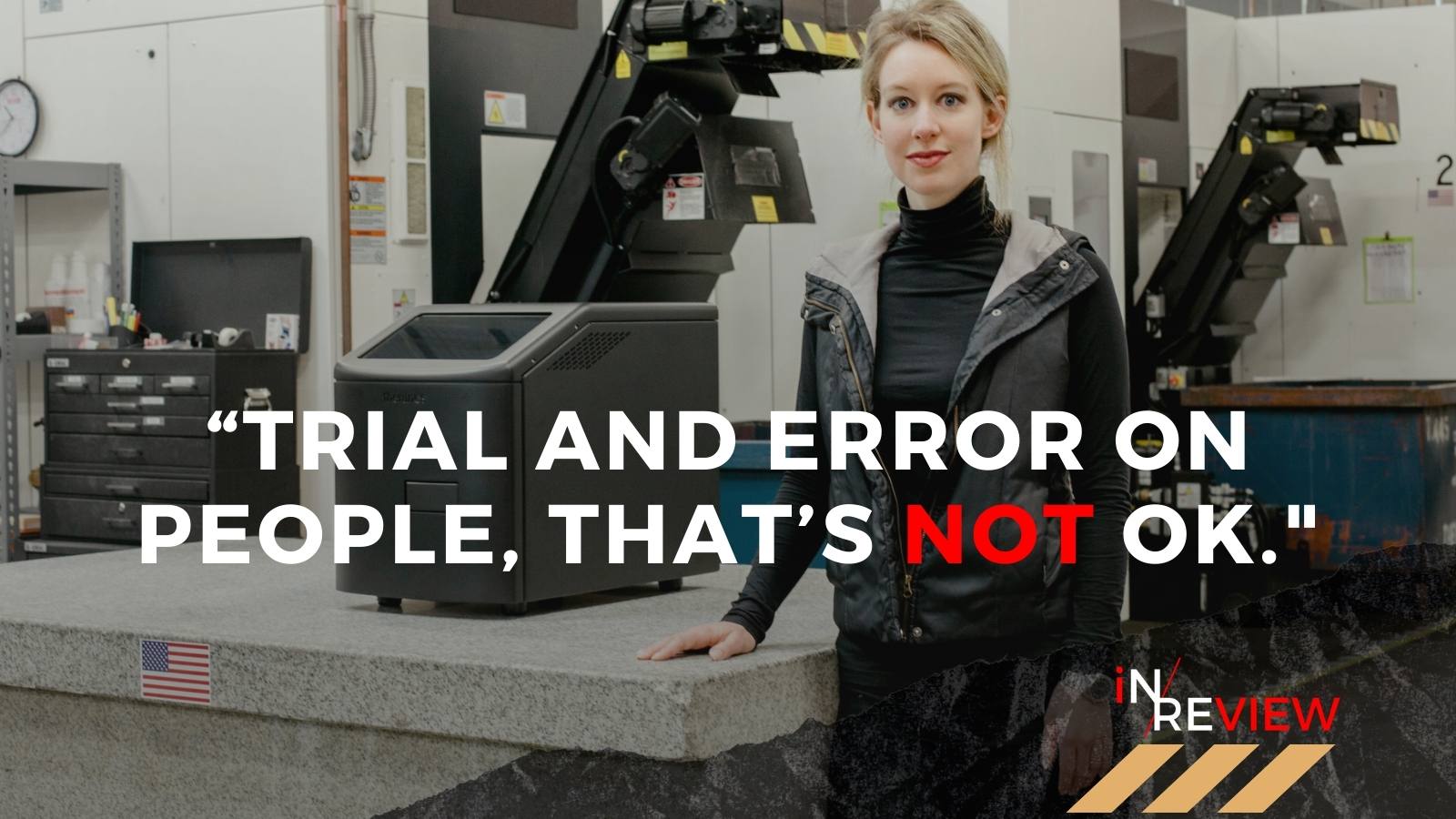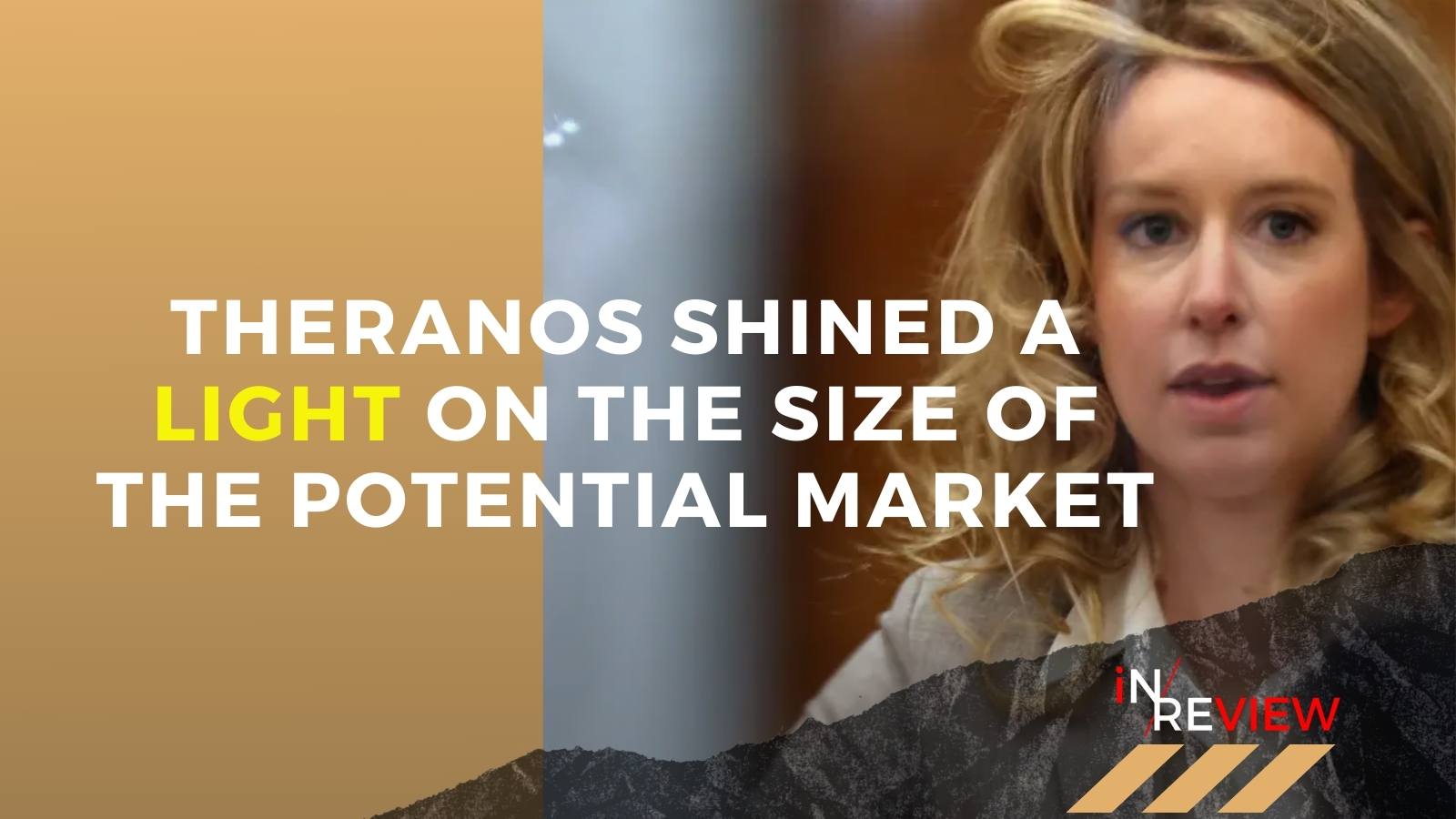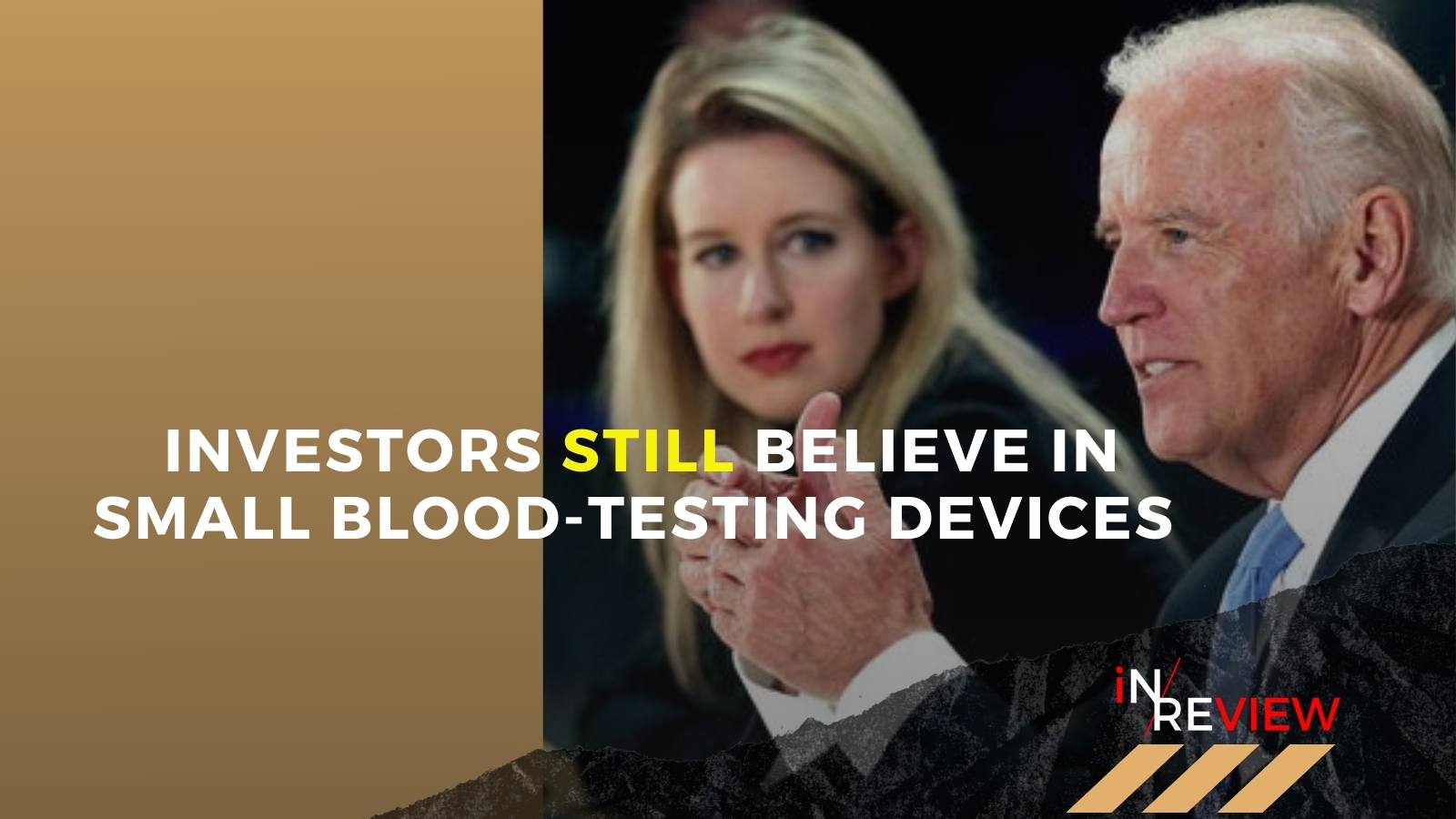- Paramedic who injected McClain with ketamine avoids prison
- Humza Yousaf, SNP leader, vows to stay on as First Minister despite no confidence motions
- Investigation underway to determine if Tesla Autopilot recall adequately addresses driver attention concerns
- The Unsuccessful Attempt to Overthrow Press Secretary Karine Jean-Pierre at the White House
- 30 House Republicans move to reverse Biden’s restrictions on gas-powered vehicles






